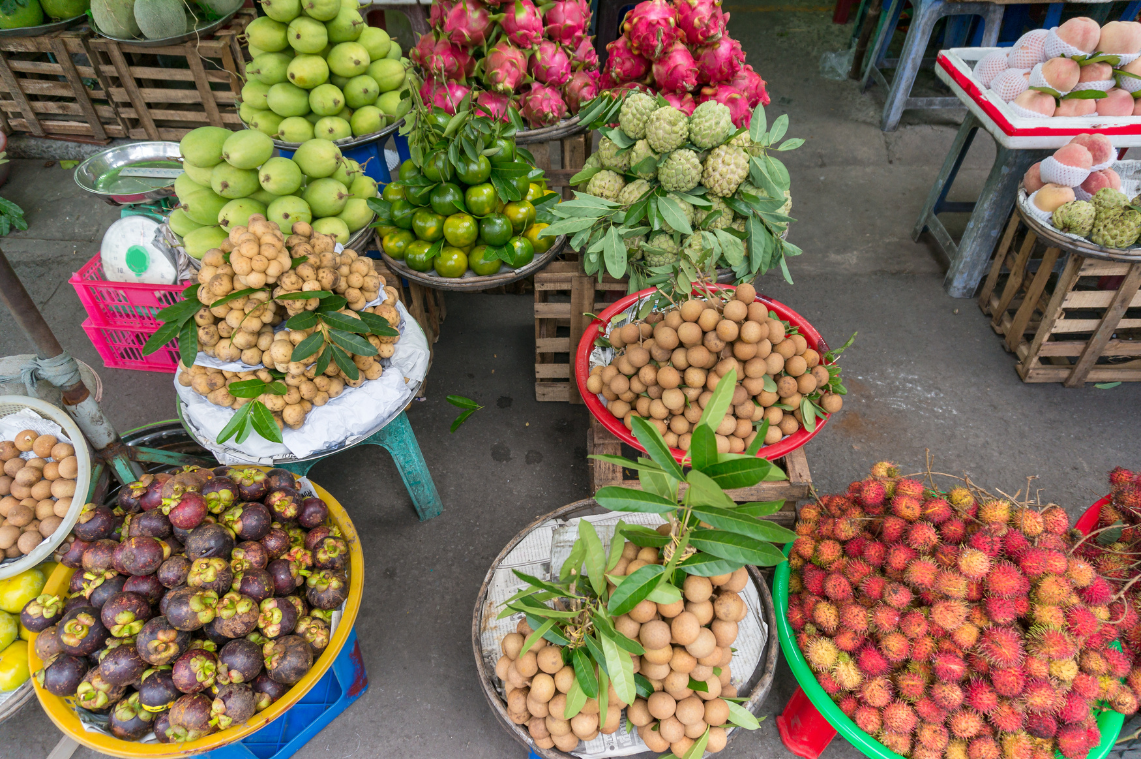Teenage birth rates in Rwanda rose in 2023 with the onset of COVID-19, this rocketed to 33,423 in 2022 – amounting to an increase of 17.5 per cent from 2017 to 2022. It was observed by WHO that about 5 percent of girls aged 15-19 had begun childbearing at the time, and about 4 percent had given birth. High teen birth rates are an important concern because teen mothers and their babies face increased risks to their health, and their opportunities to build a future are diminished. They need lots of support, including social, medical, emotional, and academic assistance.
Friends of Children Project takes care of babies of teen mothers with school facilities and good nutrition.
 A lot of babies in Rwanda are ‘one parent families’ and more than once the mother is still a teenager, without any education or job. When a mother does have a job, often they take their children with them to work, where they have to sit in a corner and be quiet. Alcoholism among parents is also a common thing. We support young children and teen mothers’ school dropouts to resume their studies. We involve in solving family conflicts of teen mothers by giving counseling to both parents and teen mothers. The project intends to take care of babies and empower teen mothers and fight against teenage pregnancy and other issues related to sexual and reproductive health.
A lot of babies in Rwanda are ‘one parent families’ and more than once the mother is still a teenager, without any education or job. When a mother does have a job, often they take their children with them to work, where they have to sit in a corner and be quiet. Alcoholism among parents is also a common thing. We support young children and teen mothers’ school dropouts to resume their studies. We involve in solving family conflicts of teen mothers by giving counseling to both parents and teen mothers. The project intends to take care of babies and empower teen mothers and fight against teenage pregnancy and other issues related to sexual and reproductive health.
Most babies of teen mothers suffer from malnutrition because of poor nutrition from their families.
Friends of Children Project takes care of babies of teen mothers with school facilities and good nutrition. Apart from supporting the babies of teen mothers, the project supports teen mothers and parents or guardians with the psychological point of view of teen mothers, try to listen to these children, help them recover slowly from the trauma, and regain confidence in themselves and others. We also support teen mothers to resume their studies or to give them technical and vocational training. They receive new clothes and uniforms and regain respect for adults and other children.
Most babies of teen mothers suffer from malnutrition because of poor nutrition from their families. Delight Rwanda provides three hens per child in order to eat at least one egg per day as part of combating malnutrition. Delight Rwanda supports and trains their guardians with modern papayas and vegetable farming at the boundaries of their fields, farms, and home gardens.








